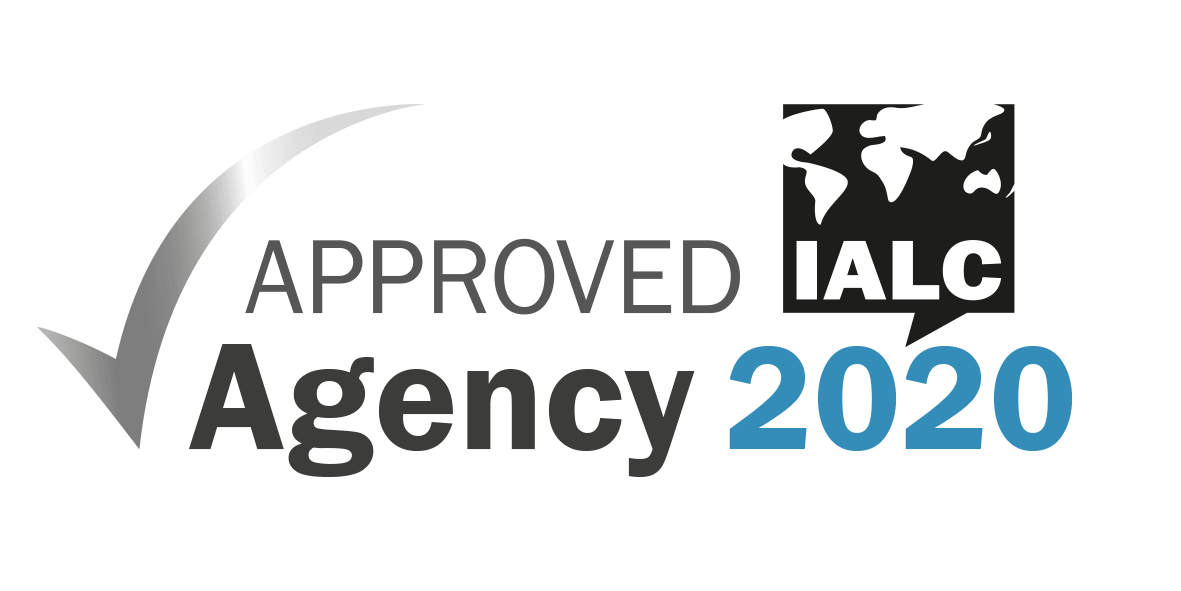Healthcare students are increasingly exploring international opportunities for clinical rotations, internships, and training. These experiences provide invaluable exposure to diverse medical practices, healthcare systems, and cultural approaches to patient care. However, amid the excitement of studying abroad, there is one fundamental responsibility that remains constant: understanding and complying with the Health Insurance Portability and Accountability Act (HIPAA). Despite being a U.S.-specific law, HIPAA’s principles of privacy, confidentiality, and data security are critical for healthcare students, no matter where their education or careers take them. So, why exactly should healthcare students study HIPAA even when abroad? This article delves into the key reasons, offering insight into the vital role HIPAA plays in shaping ethical and professional healthcare practices across borders.
What is HIPAA and Why Does It Matter for Healthcare Professionals?
HIPAA, enacted in 1996, was designed to protect patients’ sensitive health information from unauthorized access and disclosure. For healthcare students, understanding HIPAA is crucial not only in their clinical practice but also in ensuring ethical behavior, safeguarding patient privacy, and maintaining professional standards both domestically and internationally.
What Does HIPAA Cover?
HIPAA covers several key protections aimed at maintaining the confidentiality and security of patient data. The law is structured around specific rules, with two of the most important being:
- Privacy Rule: This rule protects all “individually identifiable health information” (also known as Protected Health Information or PHI), covering anything that could identify a patient, such as name, address, and medical records.
- Security Rule: This rule establishes standards to protect electronic PHI (ePHI) by setting guidelines for the storage, access, and transmission of data.
Why HIPAA is Important for Healthcare Students
As future healthcare professionals, students have a responsibility to respect patient confidentiality and data privacy, even during their educational and training phases. Whether participating in clinical rotations, internships, or research abroad, students encounter real patient data and situations where HIPAA compliance is non-negotiable. Upholding these protections isn’t just about following the law—it’s about fostering trust with patients and maintaining ethical standards.
While HIPAA is a U.S. law, its principles resonate worldwide. The values of patient privacy and security are shared across healthcare systems globally, and healthcare students need to internalize these responsibilities as part of their professional growth, no matter where they study or work.
The Globalization of Healthcare: Why HIPAA is Still Relevant for Students Studying Abroad
The rapid globalization of healthcare has made patient data protection a universal concern. Healthcare professionals increasingly work across borders, sharing patient information through telemedicine, international research, and global patient referrals. As a result, healthcare students studying abroad must be equipped with a thorough understanding of HIPAA, as well as other international privacy regulations, to navigate these complex environments effectively.
How International Medical Institutions View Privacy
In many countries, privacy laws align with HIPAA’s objectives, even if the specific regulations differ. For example, the General Data Protection Regulation (GDPR) in Europe offers stringent data privacy rules that parallel HIPAA’s protections. Similarly, Canada’s Personal Information Protection and Electronic Documents Act (PIPEDA) also emphasizes safeguarding personal health information. These international frameworks emphasize that data privacy is a global issue and that HIPAA’s principles are widely applicable, regardless of a student’s location.
Healthcare students studying abroad need to be aware of both HIPAA and local regulations to ensure they adhere to the highest standards of patient privacy. In fact, understanding how different countries regulate healthcare information is an essential skill for any aspiring global health professional.
Transnational Healthcare Practices
In today’s interconnected world, patient data often moves across national boundaries. Telemedicine, international healthcare collaborations, and patient transfers between countries are increasingly common. For instance, a student might encounter an international patient while training abroad, where their knowledge of HIPAA could help guide them through the appropriate ethical and legal procedures for handling that patient’s data.
When dealing with transnational healthcare practices, healthcare students must be particularly cautious about how they access, store, and share patient information. Whether through encrypted communication systems or secure cloud platforms, students must follow protocols that protect sensitive data and ensure compliance with both HIPAA and international regulations.
How HIPAA Compliance Fosters Professionalism in Healthcare Students
Adhering to HIPAA guidelines is not just about legal compliance; it is a cornerstone of professionalism in healthcare. By prioritizing patient privacy and data protection, healthcare students demonstrate a commitment to ethical practice and establish themselves as trustworthy future professionals. In an era where data breaches and privacy violations are increasingly scrutinized, a strong foundation in HIPAA compliance enhances a student’s credibility and career prospects.
The Ethical Responsibilities of Healthcare Students
Healthcare students are often placed in positions where they must handle confidential patient information, whether during clinical internships or research projects. Ethical decision-making is critical in these scenarios. For example, a student training in a foreign country may witness a breach of patient data and be uncertain about how to respond. However, by understanding HIPAA’s guidelines, they can recognize the violation and take appropriate action, whether by reporting it or preventing further unauthorized disclosures.
The ethical responsibilities ingrained in HIPAA—such as ensuring patients’ rights to privacy and control over their own health information—extend beyond the U.S. borders. They apply to any healthcare setting and underscore the professional integrity that healthcare students must uphold throughout their careers.
Practical Tips for Healthcare Students Studying HIPAA While Abroad
For healthcare students studying or training abroad, maintaining HIPAA compliance may seem daunting at first. However, with the right strategies and resources, students can stay informed and ensure they protect patient privacy regardless of their location.
How to Access HIPAA Training While Abroad
Students can access a variety of online HIPAA training programs that cater to international learners. Reputable platforms, such as the U.S. Department of Health & Human Services (HHS) or specialized healthcare compliance organizations, offer comprehensive HIPAA training that students can complete from anywhere in the world. Many medical schools also provide resources for students to refresh their knowledge of HIPAA and other privacy regulations while they are abroad, ensuring that students remain compliant throughout their international experience.
Best Practices for Protecting Patient Data Internationally
Healthcare students should adopt several key practices to protect patient data while studying abroad:
- Use Encrypted Devices: Ensure that laptops, phones, and other devices used to access patient data are encrypted and password-protected.
- Secure Communication Channels: Avoid sharing patient information over unsecured channels, such as public Wi-Fi or unencrypted email. Use secure, HIPAA-compliant messaging apps or cloud platforms.
- Minimize Data Sharing: Only share patient information with authorized individuals, and ensure that the minimum necessary data is disclosed to meet the purpose of the communication.
By following these best practices, students can ensure that they respect both HIPAA guidelines and local regulations, maintaining the highest standards of patient privacy.
Conclusion
In today’s globalized healthcare landscape, the importance of HIPAA cannot be overstated for healthcare students, even when they are studying abroad. Understanding and complying with HIPAA’s privacy and data security standards is essential for protecting patient information, fostering professionalism, and enhancing career prospects. As healthcare continues to transcend borders, healthcare students must prioritize HIPAA compliance as a fundamental part of their training, ensuring that they can deliver ethical and responsible care no matter where their medical journey takes them.





